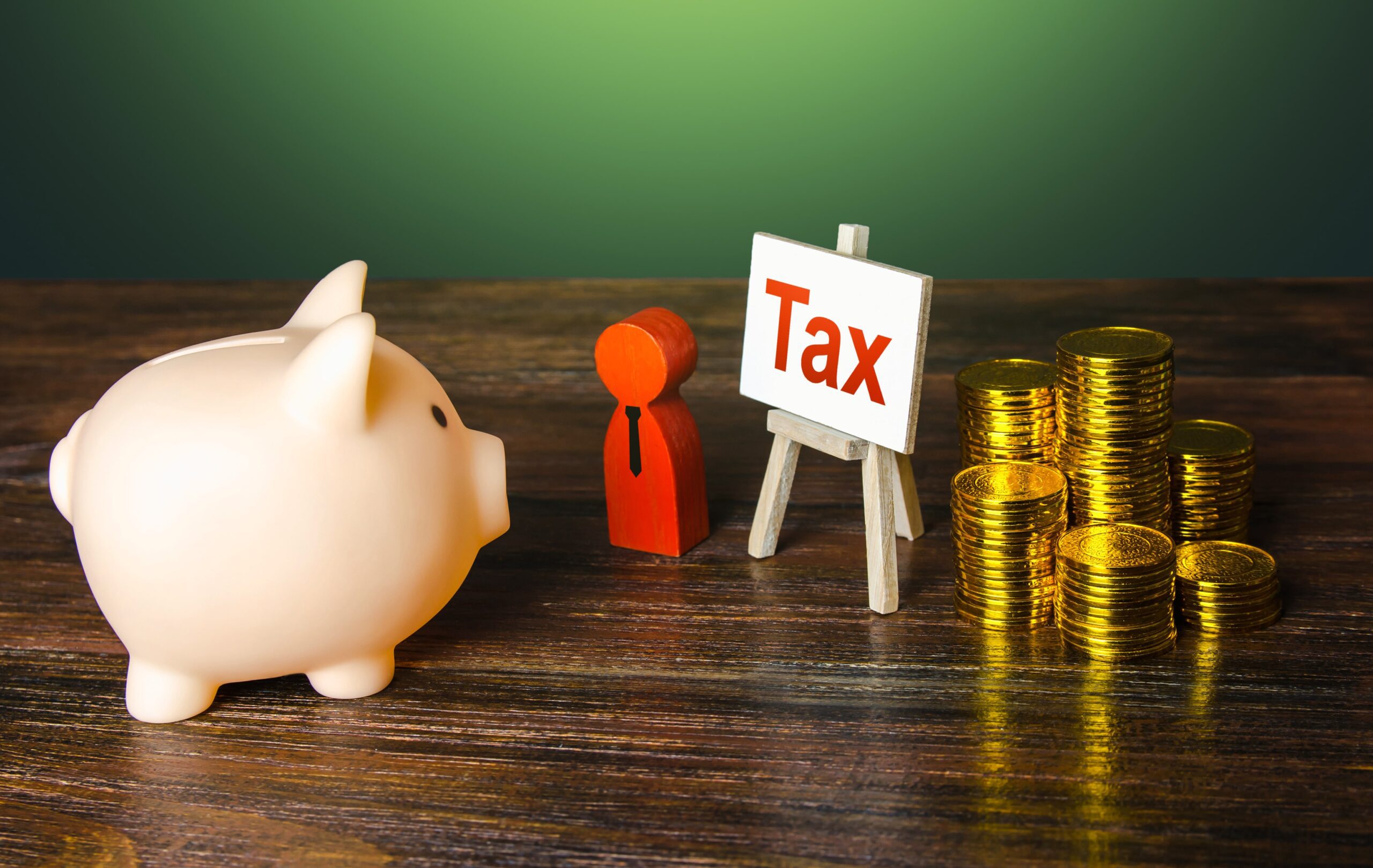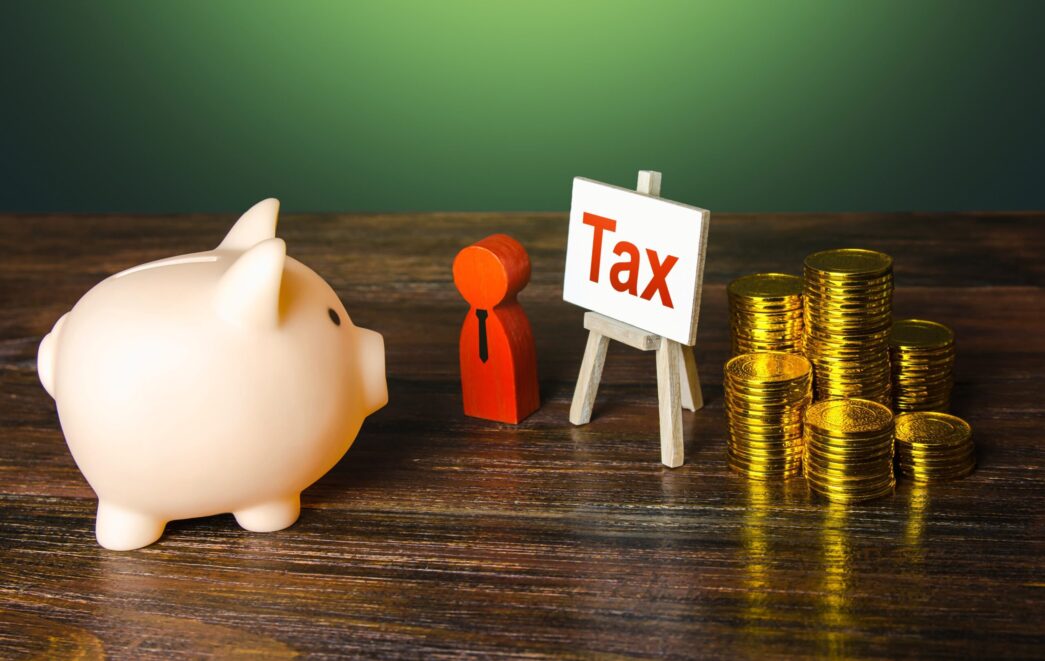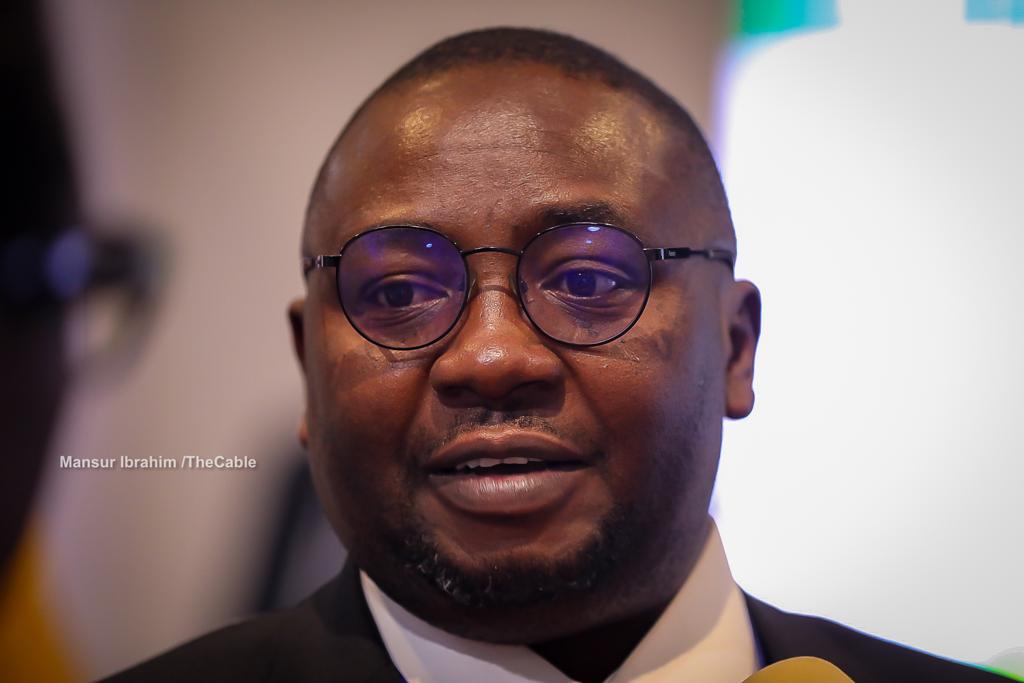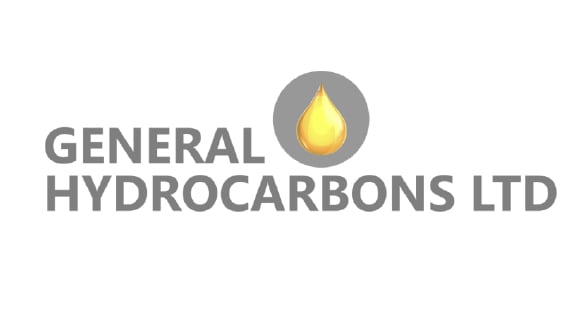The federal government has announced plans to embark on a nationwide community engagement campaign to promote understanding and acceptance of the tax reform bills.
Speaking on Tuesday, during a media roundtable discussion in Abuja, Moremi Ojudu, senior special assistant (SSA) to the president for community engagement in the south-west, outlined the government’s strategic communication framework for the campaign.
“We are creating a six-month plan to take the advocacy for the tax reform bill to communities,” Ojudu said.
“This involves engaging trade unions, associations, and grassroots leaders to communicate in local languages and ensure inclusivity,” she said.
Advertisement
Abdullahi Yakasai, SSA to the president on community engagement in the north-west, highlighted the use of feedback mechanisms to address public concerns and misconceptions.
“We have established hotlines and online portals to provide clarity and address fears about the bill. We are committed to ensuring Nigerians understand its significance,” Yakasai said.
‘CAMPAIGN WILL BRIDGE COMMUNICATION GAP BETWEEN FG AND NIGERIANS’
Advertisement
On his part, Tayo Koleosho, chief of staff to the executive chairman of the Federal Inland Revenue Service (FIRS), said the campaign is to address public scepticism surrounding taxation by bridging the communication gap between the government and the public.
“This is one of the many steps we are trying to take. We are trying to meet Nigerians through different channels that they will be able to understand because we think the major gap in our ability to be compliant or to embrace any law, irrespective of the law, especially when you talk about taxes,” he said.
“It is like that across the world, people generally are suspicious of taxation, and it is very difficult for them to embrace it.
“So, what we are saying is that when Nigerians understand this when they understand all the content and everything it’s about, then they can trust it and become advocates for it.
Advertisement
“And that is on one side. On the other side, we are in a current situation in our country where we need more revenue in general, and taxation helps citizens to have a sense of rights to question how their money is being spent.”
Olufemi Olarinde, head of the fiscal and tax reforms implementation division at FIRS, highlighted that the tax reform bill resulted from extensive consultations with stakeholders nationwide.
Olarinde said the tax committee held roundtables across the country to ensure equity and fairness in the proposed reforms.
“This bill is progressive and considers all parts of the country equitably. While scepticism remains, we urge Nigerians to trust the process and support these reforms for the collective good,” he said.
Advertisement
Olarinde further said the reforms prioritise economic stimulation by exempting low-income earners earning below N300,000 annually.
“The aim is to grow the tax net by allowing small businesses and individuals to thrive, which will eventually increase revenue for states. Additionally, digitising tax administration will improve compliance and efficiency,” he added.
Advertisement
On October 13, President Bola Tinubu asked the national assembly to consider and pass four tax reform bills.
The proposed legislations comprise the Nigeria tax bill, Nigeria tax administration bill, Nigeria revenue service establishment bill, and the joint revenue board establishment bill.
Advertisement
Northern governors have urged the national assembly to reject the bills and any proposed legislation that may harm the region’s interests.
Also, on January 1, the Nigeria Labour Congress (NLC) asked the federal government to withdraw the tax bills so that all key national stakeholders will be part of the process.
Advertisement
The bills are before the national assembly for consideration and passed for a second reading on November 28, 2024.
Add a comment








